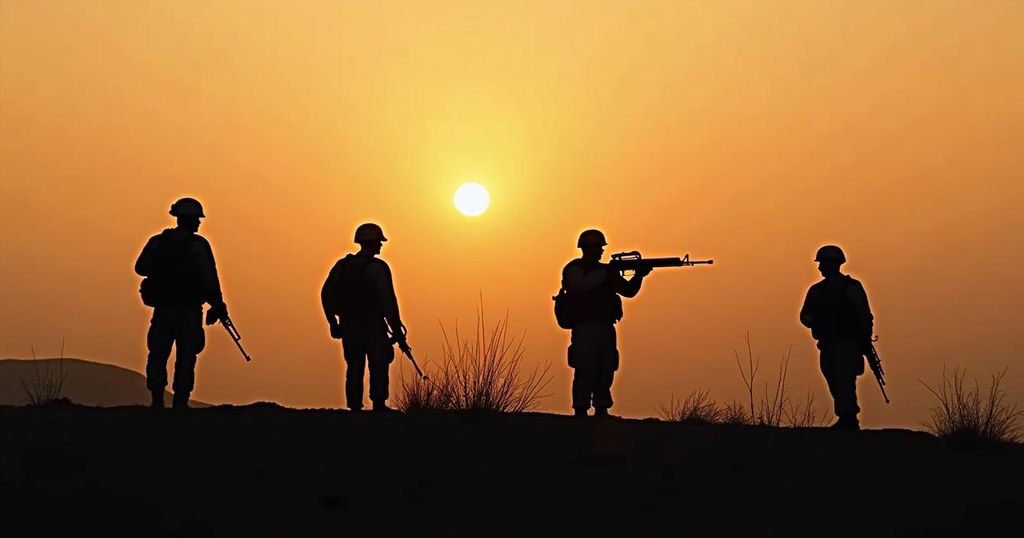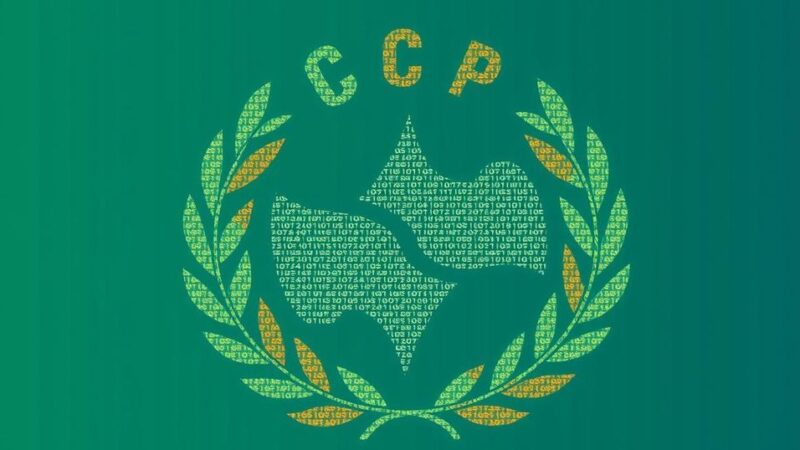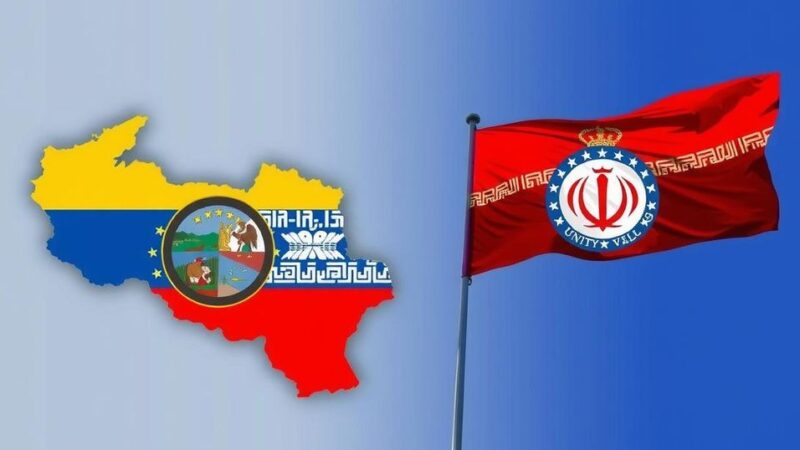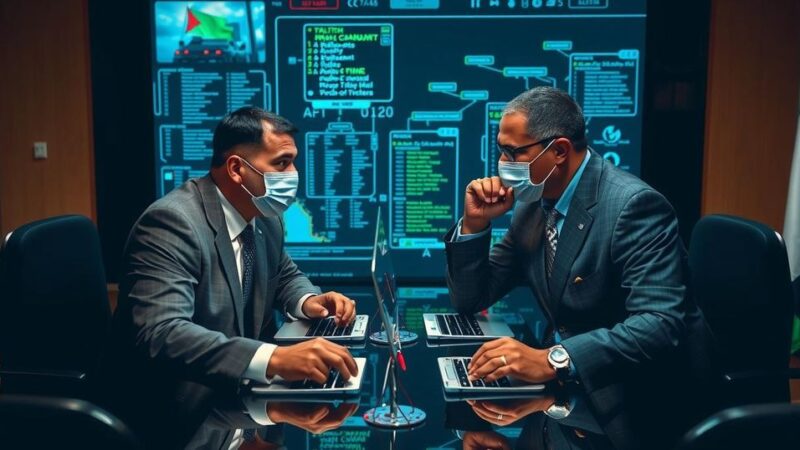Iraqi forces linked to Tehran are opting to refrain from engaging in hostilities involving Israel, primarily focusing on humanitarian aid amidst fears of destabilization. Iraqi officials have assured that their military factions will not target US interests in the region. This decision is influenced by the fragile political and economic situation within Iraq and the consequences of potential involvement in broader regional conflicts, as articulated by Prime Minister Mohammed Shia al-Sudani during meetings with security leaders and diplomats.
Iraqi forces linked to Tehran are opting to refrain from engaging in the intensifying hostilities between Israel, Hezbollah, and Iran. This decision stems from a desire to preserve Iraq’s stability and the current standing of these forces. Iraqi officials and Iranian-backed military leaders have declared their intention to focus primarily on humanitarian efforts and financial assistance for those affected by the ongoing conflict in Lebanon, specifically Israel’s military actions targeting Hezbollah and Iranian interests. For the moment, commanders have assured that Iraqi armed factions will not target any American assets in Iraq or Syria, reflecting a strategic decision aimed at avoiding escalation. The backdrop of this situation involves Israel’s aggressive military actions in Gaza, which have provoked retaliatory strikes from Hezbollah and various paramilitary groups in Iraq, alongside escalating tensions surrounding Iran’s missile attacks on Israel. Iraqi Prime Minister Mohammed Shia al-Sudani has conducted numerous meetings with leaders of Iran-aligned factions and security officials to communicate the precarious situation facing the country. His discussions emphasized the potential consequences of any Iraqi involvement in the broader regional conflict. Moreover, enhancing regional diplomatic efforts, Sudani has sought assistance from neighboring leaders to quell hostilities against Lebanon and Gaza, expressing a desire to stave off an expanded conflict in the Middle East. The precarious nature of Iraq’s political landscape informs the understanding that deeper involvement in regional conflicts could result in catastrophic ramifications for the Iraqi state. Sudani’s administration is reportedly concerned about potential Israeli strikes against Iraq, particularly in light of heightened tensions following Iranian missile attacks on Israeli positions. Iraqi paramilitary commanders have demonstrated a unified front, declaring a temporary cessation of military operations and specifying conditions under which they might reassess their stance should US actions undermine Iraq’s security. The general sentiment among these factions remains that any unjustified aggression by Israel could provoke a swift and collective response from them. In light of the growing caution exhibited by Iraq’s armed groups, one senior commander alluded to the dire implications of any missteps at this juncture, reinforcing the need for prudence and avoiding unnecessary escalation in hostilities. Overall, Iraqi forces appear committed to maintaining a defensive posture while prioritizing their national interests and stability amidst growing regional tensions. This complex scenario underscores Iraq’s fragile position within a volatile regional landscape, leading to a concentrated effort among its leadership to safeguard its sovereignty from external military threats while navigating its relationship with Iranian-aligned forces.
The article discusses the strategic decision made by Iraqi forces, particularly those with ties to Iran, to distance themselves from the ongoing confrontations in the Middle East, particularly against Israel and Hezbollah. This move is motivated by a desire to prevent further destabilization of Iraq amid escalating regional conflicts. The systemic repercussions of involvement in these battles could have dire impacts on Iraq’s fragile political and economic structures, with Prime Minister al-Sudani leading initiatives to maintain calm and secure international diplomatic support.
Iraqi armed forces affiliated with Iran have chosen to avoid direct involvement in the conflict between Israel and Hezbollah, realizing that such engagement could devastate Iraq’s already precarious political and economic conditions. The Iraqi leadership, with Prime Minister al-Sudani at the forefront, is actively engaging in diplomatic talks to avert the escalation of violence and to safeguard Iraqi national interests while maintaining regional stability. This cautious approach reflects the broader context of escalating tensions in the Middle East and the ongoing threat posed by Israel’s military operations.
Original Source: www.middleeasteye.net






